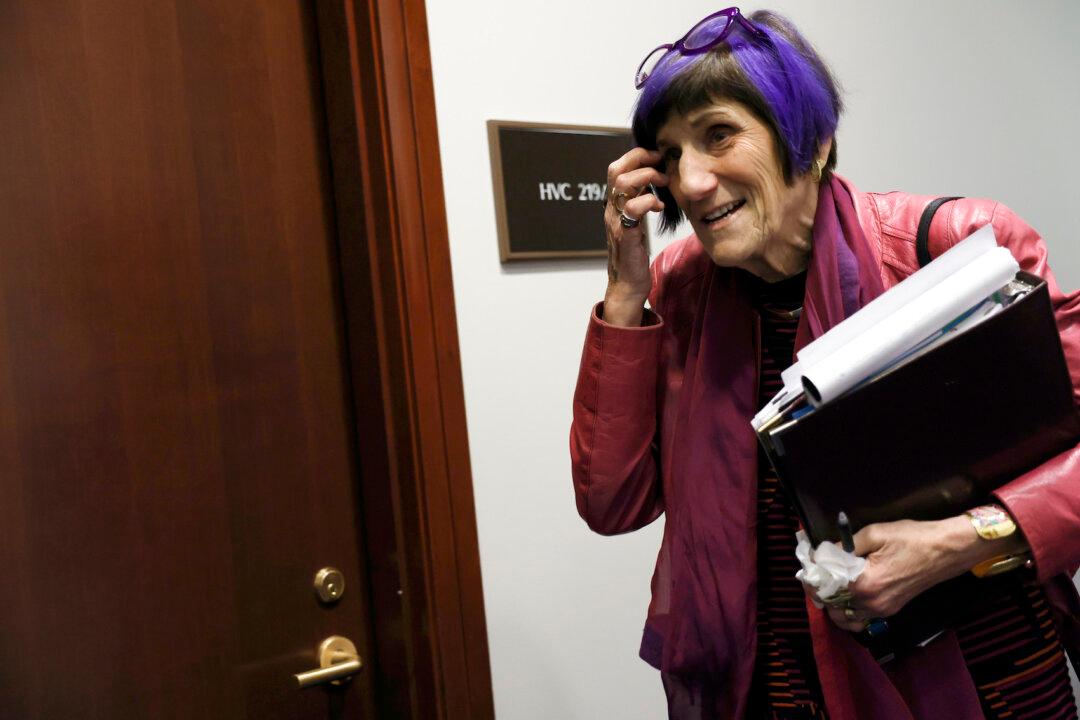As lawmakers weigh proposed legislation that would bring back the 2021 American Rescue Plan child tax credit (CTC) monthly payment and make it permanent, the Senate Subcommittee on Taxation and IRS Oversight held a hearing on July 13 assessing 25 years of the CTC.
During the COVID-19 pandemic, under the American Rescue Plan, monthly payments of $300 per child under age 6 and $250 for each child 6 through 17 were distributed. That expired at the end of 2021. Efforts to extend it fell short, even in a Democratic-controlled Congress.





